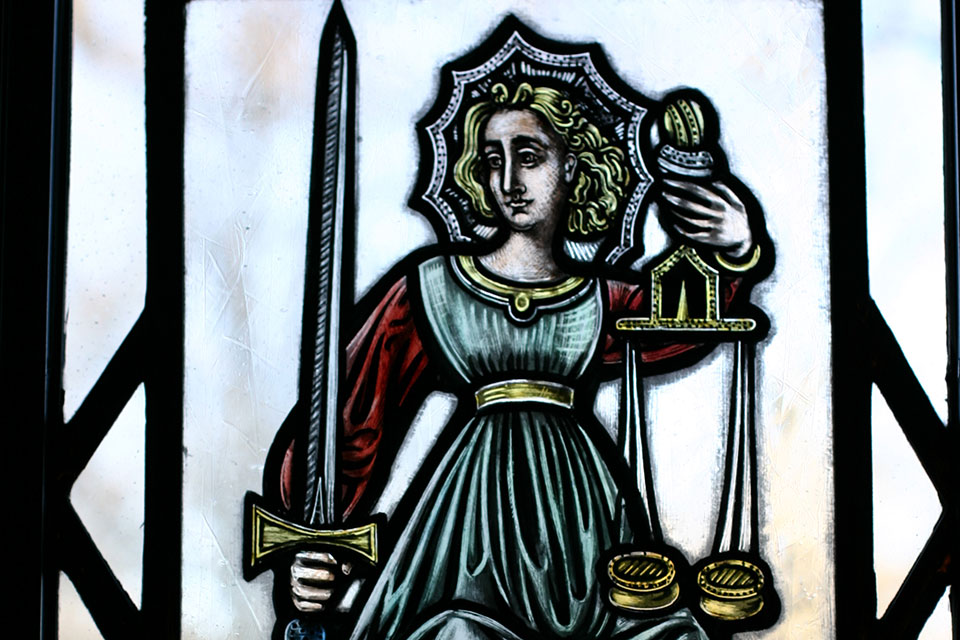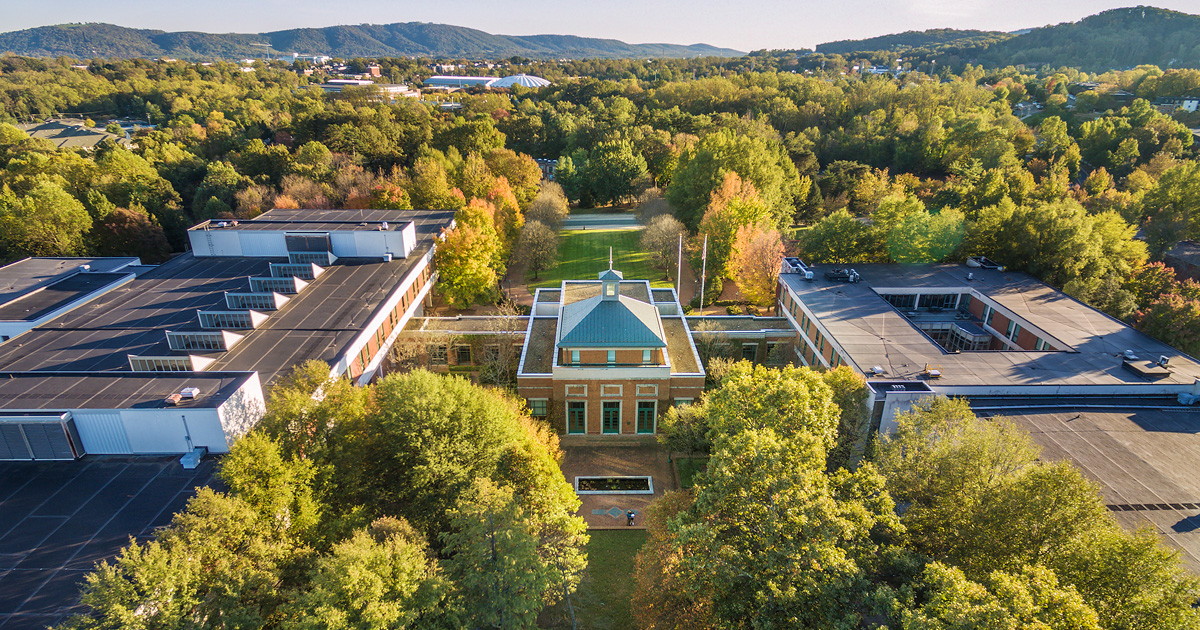Yale MFIA Clinic’s stand against ‘secret law’ unseals court opinion

The Media Freedom and Information Access Clinic (MFIA) at Yale Law School has prevailed in an important skirmish in the ongoing battle against “secret law.”
Acting on behalf of New York Times national security reporter Charlie Savage, MFIA convinced the United States Court of Appeals in Washington, D.C., to make public previously sealed portions of an opinion issued last year in a case filled with many unusual twists and turns.
The issue involved the classified portions of a May 2018 judicial opinion in Doe v. Mattis that the court sealed from public inspection. The redactions were so extensive that it was impossible to determine the court’s basis for rejecting the government’s theories about executive branch power in the case. MFIA argued that providing a ruling while withholding the court’s legal reasoning violates the public’s First Amendment right of access to judicial records.
The reliance on redactions to remove classified facts created a form of secret law because it concealed the legal rule the court used to determine their reasoning in the case, says MFIA legal fellow Charles Crain.
“How can you have a society where people don’t know what the law is?” asked Crain. “The very notion of ‘secret law’ is repugnant to our constitutional form of government and is prohibited by the First Amendment.”
Times reporter Savage had covered the case extensively as it unfolded, and found the court’s redactions troubling. Doe v. Mattis has potentially far-reaching implications for the Fifth Amendment rights of Americans who have dual-citizenship status with another country. The case involved a dual U.S./Saudi citizen who was captured while allegedly fighting for ISIS in a Syrian combat zone and was turned over to the U.S. government, which held him in an Iraqi detention facility for over a year with no charges brought against him.
The case presented many thorny legal issues, including whether the U.S. government could forcibly hand over a U.S. citizen to the custody of another country against his will. The effort by the American Civil Liberties Union (ACLU) to defend the rights of the citizen/detainee, initially referred to as John Doe, itself raised legal issues because the detainee had not asked for their representation. The broader implications of the case concerned the extent of the U.S. government’s national security powers. It raised the question of whether a U.S. citizen caught on the battlefield of a foreign war, for which U.S. involvement had never been approved by Congress, could nonetheless be deemed an enemy combatant. Would he be subject to wartime military punishment, or must he instead be processed through the criminal justice system?
The ACLU initially filed a habeas corpus lawsuit in Washington, D.C. on the detainee’s behalf. After winning court approval to proceed, the government was prevented from transferring the detainee to a Saudi prison. The Court of Appeals agreed with the ACLU that a citizen could not be forcibly handed over to a foreign government against his will with no criminal charges against him pending there.
The Court of Appeals opinion, however, was so heavily redacted that it was entirely unclear why the government’s claim of authority to force the detainee’s transfer was rejected. When most of the classified facts about Doe became public — including his dual U.S./Saudi citizenship, that his real name is Abdulrahman Ahmad Alsheikh, and his eventual release to the nation of Bahrain – MFIA moved to unseal the court’s opinion to prevent the creation of “secret law.”
According to Times reporter Savage, there is real value in revealing the court’s reasoning in this case. Portions of the government’s argument to the appellate court contended that U.S. citizens with dual citizenship have fewer rights than sole-U.S. citizens in certain contexts, and knowing why the court rejected this position may have important implications for future cases. The Doe v. Mattis opinion also may shape the government’s own understanding of its wartime powers. The legal basis for resolving such important issues should not be concealed from the public.
Savage credits “the vision and hard work of the MFIA clinic at Yale Law School” with this success in the fight against secret law.
By Leah Ferentinos
